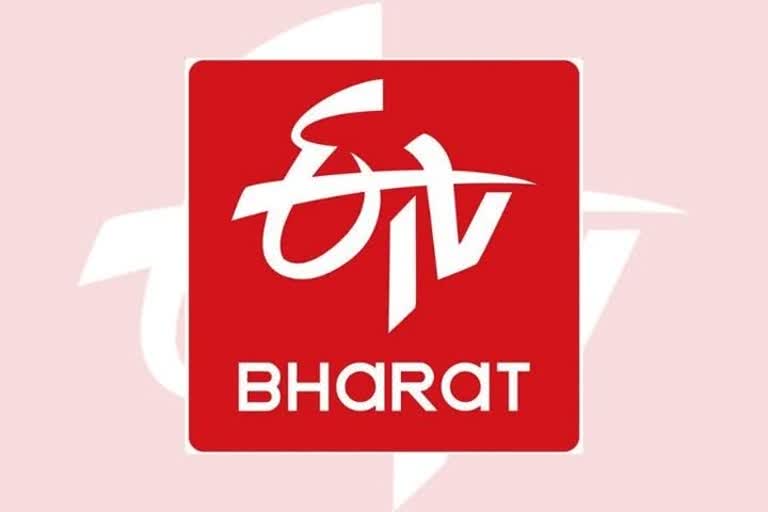Mumbai: Addressing criticism of the RBI being "behind the curve" by continuing with the accommodative monetary policy stance longer than other countries, Deputy Governor Michael Patra on Friday said that so far, "the approach has served us well". India is placed "much better" to deal with future waves of the pandemic as compared to being affected the worst in the first wave after the nationwide lockdown, he said, expressing concerns on inflation being elevated due to crude prices.
The RBI has been criticised in some quarters for being 'behind the curve' by holding on to its GDP growth-enhancing accommodative stance even as the pressures on its core objective of inflation become evident and at a time when many of its peers have shifted to tightening of rates. Those making such calls have been suggesting that the central bank shift its policy stance to neutral.
The US Fed has indicated that it will be switching over to hiking rates to tame the record high inflation, which is already leading to nervousness in the capital markets the world over. The comments asserting the RBI's efficacy also come just days away from the Union Budget to be presented on February 1.
"Yes, there has been criticism that RBI has fallen behind the curve but only time will tell whether or not India got it right. So far, the approach has served us well and has helped in charting a course for ourselves into the future with a difference to the rest of the world," Patra said, delivering the 18th C D Deshmukh Memorial Lecture organised by Council for Social Development.
Patra said the slew of over 100 measures taken by the central bank since the onset of the pandemic, which included conventional ones like rate cuts and also unconventional ones, have contributed significantly in engineering a turnaround in the Indian economy.
Also Read: Deepak Kumar, Ajay Kumar Choudhary appointed as new executive directors of RBI
Conceding that the impact of the measures is still unravelling, Patra said, "the overall state of the economy and of financial markets which is what these measures sought to address provides some evidence of the efficacy or otherwise of the RBI's pandemic response."
Patra said even before the start of the pandemic, the economy was already in a "cyclical downturn" with growth decelerating to a decadal low, which had forced the Monetary Policy Committee to turn accommodative in February 2019 itself and added that the central bank had already cut its key rates by a cumulative 1.35 per cent by February 2020.
The GDP contracted by 24.2 per cent in the first quarter of FY21, which was among the deepest in the world, and the experience of the global financial crisis in 2008, where central banks led the fight, made the RBI swing into action, he said, adding that over 100 measures were taken to address stress at the system level and also in specific sectors.
"I would not hazard the audacity of anticipating the judgment of history, but today, India is much better placed to deal with future waves of the pandemic relative to the first wave," Patra said, pointing out that the GDP is set to grow by 9.2 per cent in FY22 after a 7.3 per cent contraction in FY21 courtesy the exports growth.
In remarks that come at a time when oil prices touched a seven-year high of USD 90 a barrel, Patra termed inflation as being "elevated" on commodity prices, including crude oil, but admitted that it has come off the highs seen during the pandemic.
Meanwhile, in other concerns, he said employment is yet to recover fully and labour force participation also remains low. Bank credit has begun to gain pace courtesy the easing of stress on lenders' balance sheets but private consumption and investment are still work in progress.
Restoration of livelihoods and the revival of MSMEs is a formidable task that lies ahead, an optimistic Patra said.
Patra also pointed out that Governor Shaktikanta Das' 13 statements during the pandemic were the leit motif around which RBI's policy response was shaped and also termed them as instrument of policy in light of the central bank utilising its conventional options.
The RBI shuns the glare of the limelight but is ever ready to act, he said, adding that the central bank will learn the lessons from the pandemic and emerge more stronger and resilient to pursue the mandate of price stability while keeping in mind the objective of growth, Patra said.
PTI


